Can love survive when grief and illness take over?
Leah writes: My wife has asked for a separation, saying that she’s fallen out of love with me. She said that after years of not being intimate and me being selfish in the relationship, she’s done. I tried to explain to her that she was not the problem in the relationship, that the lack of intimacy was related to me having a constant headache every single day, and my extreme and constant fatigue.
Having kids has also been a touchy topic for us. She’s always wanted kids, and I never really wanted kids. But I was willing to have a child for her. So in 2022, we tried. I went through four unsuccessful fertility treatments. Finally, I had to take a break because of the emotional stress, all the poking and prodding, and lack of success. In 2024, we decided to try again, and that’s when I was diagnosed with hypothyroidism and Hashimoto’s disease. Suddenly, all the symptoms I’d been struggling with made sense.
In the midst of all of this, though, my wife’s sister got sick, so we put the baby plans on hold while I focused on my health and we moved across the country. Between the move, stress, and job changes, our intimacy and closeness suffered even more.
Fast forward to this January, when her sister passed away, and it seemed like my wife emotionally cut herself off from our relationship. She’d leave and be gone for weeks at a time, saying this was her way of grieving and that she couldn’t bear to be in the house that had been meant for her sister. I told her to take the time she needed, as long as I knew she was okay.
In June, she finally told me she wanted to separate—and that she no longer had anything left to give to the relationship. I’ve begged her to work on things, which I know I shouldn’t have done. I just felt like I’d let her down when she needed me. I know that a lot of what happened was because of undiagnosed medical issues, but that doesn’t change the fact that she felt neglected and now she’s fallen out of love with me. I’ve been working on getting my symptoms under control, and I finally feel like I can offer her what she needs. But she’s already separated herself. So I guess my question is: how do I move forward and try to mend my relationship with my wife?
Dear Leah,
When we fall in love and decide to make a full commitment to our partner, we don’t expect things to be perfect. Instead, we hope that whatever challenges we encounter, we’ll be facing them together. And we have faith that our love is enough to sustain us through difficult times.
And yet, life sometimes has other plans for us.
We settle down, all warm and cozy in our new relationship, cocooned in dreams of our future together, and meanwhile, life is busy opening doors to uninvited guests, like chronic illness, loss, and grief.
We tend to think that the success of our relationship is mostly about the choices we make—how we choose to show up for our partner and express our love and keep our relationship on the right track, so that we go where we want to go, side by side with our partner.
We’re raised on love stories that tell us that if we try hard enough, if we love with an open heart, we’ll make it to that happily ever after that floats off in the distance like a promise for the future.
We imagine that if we’re loving and committed enough, we can shape the life we dream of together. But love doesn’t grant us control — and sometimes the story life writes for us isn’t the one we expected.
Sometimes, falling in love and leaping into marriage is our initiation into the experience of being humbled by life. We wake up one day to find those uninvited guests—the loss, the grief, the illness, the infertility—are all sitting around our table, and we can’t make them leave. Sometimes, even the most committed relationship can’t withstand what life demands of us.
When you and your wife got together, maybe you already knew that she wanted kids and you didn’t. Maybe you’d already talked about how you would go through fertility treatment, and get pregnant, so that she could become a mother.
We all know that there are no guarantees when it comes to pregnancy, so I imagine that perhaps you two already knew that there might be some potential challenges along the way. But I also imagine that you both had faith that you could navigate these challenges together if that was required.
What you didn’t foresee is that you would spend years wandering through the maze of undiagnosed thyroid disease and the haze of chronic fatigue.
And during that time, hurts and fears and misunderstandings would gradually add up for your wife, as her needs and desires in the relationship went unmet.
While you were busy trying to cope with the daily demands of life with a chronic illness, the love and commitment in your marriage was slowly eroding. I hear that you feel responsible for this—that you feel like you’ve let your wife down because you weren’t there for her in the ways she needed you to be.
The reality is that no one’s at fault for this. What happened wasn’t caused by the choices that either of you made. Instead, it was more like a series of natural disasters that swept away life as you’ve known it.
It’s not uncommon for spouses of those with undiagnosed chronic health problems to interpret their partner’s symptoms as a lack of care, desire, and love.
That’s not true, of course.
But the lack of engagement, low libido, and depleted energy caused by your thyroid condition may have looked to your wife like an absence of interest in her and a lack of engagement in your relationship.
Again—that’s not an accurate assessment … but so many of us take things like this personally when they’re not about us at all.
When chronic illness enters a relationship, it often creates two separate lonelinesses. There’s the loneliness of suffering through the illness. And there’s the loneliness of feeling shut out by a partner, whose inner world has been colonized by this mysterious invader.
In your experience, with your body in distress and unable to communicate love reliably, you and your wife were no longer able to be attuned to each other. First, you fell out of sync, and then you drifted apart.
Maybe without the pressures of your cross-country move, and then your wife’s tragic loss of her sister, you would have been able to repair the rupture in your relationship.
But grief and loss only widened the gap, and your wife no longer had the wherewithal to bridge the chasm that stood between the two of you. Instead, your wife withdrew from you and from your marriage.
Grief is like chronic illness in that it saps our energy. It demands all our energy and attention to just get through the day and take care of the basics.
I can imagine that during this time, both of you were each very focused on doing what you needed for yourselves.
And sometimes, grief can bring unexpected clarity.
It’s like a light suddenly shines through the fog of grief, spotlighting a necessary change we have to make in our lives. We see what no longer fits or what feels impossible to sustain. It might seem counterintuitive to decide to end a marriage while in the midst of deep grief for the loss of a loved one. But, in my experience, grieving a sudden or shocking loss can initiate making major life changes, including divorce.
When something like this happens, the tendency is to try to figure out how it could have gone differently — and that often leads us to assign blame.
I think that’s how you’ve ended up blaming yourself, Leah, saying that you’d let her down. I see it differently. I imagine that both of you were doing the best you could in the midst of very difficult circumstances.
Sometimes, when we blame ourselves for what’s happened, it’s because we don’t want to face the truth of how life works—which is that we don’t have control over everything that happens, even when it comes to what we care about most.
Blaming ourselves and focusing on what we could have done differently is sometimes a way to avoid accepting reality. It’s a way of denying that life might be beyond our control.
Accepting reality requires being willing to grieve what’s happened. Grief, by contrast, is an act of surrender. It lets us face what’s been lost without turning against ourselves.
Letting go of the illusion of control means surrendering ourselves to life as it is.
We’re not just surrendering to the whims of the Fates, though. We are also opening ourselves to receive the wisdom that comes only when we stop fighting reality. When we stop fighting, we can accept that life requires us to live without guarantees, even when we’ve done our best and tried our hardest and lived with an open heart.
I’m not saying that there’s no chance that your wife might have a change of heart and decide that she wants to work on things again. The future is unknown and plenty of people make different decisions once they have the clarity that comes with time and distance.
What I can see as I stand where you are right now is that you have the choice to see your marriage as a success, in that you have loved truly and deeply … even if your marriage ends.
Beautiful love stories don’t always end in happily ever after. Sometimes they come to an end with a heartfelt, if reluctant, goodbye.
Those uninvited guests—illness, grief, loss—changed the shape of your marriage. But they don’t diminish the reality of the love you shared.
Here’s my wish for you, Leah—that you are able to see the beauty in what you have shared with your wife, no matter what happens next, and that you can cherish the genuine love and joy as well as the tears you’ve shared.
~Angela
Ask Angela is an advice column dedicated to the topic of having fulfilling relationships after trauma. Click HERE to submit a question for Angela.
DISCLAIMER: this content is intended for informational purposes only and does not constitute professional medical or psychological advice, diagnosis, or treatment. Always seek the advice of your physician or other licensed health care provider with any questions or concerns you may have regarding a medical condition.
Creating fulfilling relationships after trauma is a journey. Enter your email to subscribe to Ask Angela and get thoughtful, trauma-informed relationship advice delivered to your inbox.
about angela Amias, LCSW
Angela Amias, LCSW is a relationship therapist and nationally-recognized expert on trauma and relationships. She’s the co-founder of Alchemy of Love, which provides trauma-informed relationship programs and resources. She’s also the founder of the Institute for Trauma Informed Relationships, which provides training and education to therapists and coaches who want to help their clients heal past wounds and create more fulfilling relationships.
As an expert on trauma and relationships, Angela has been featured in numerous publications, including Today, Oprah, Cosmopolitan, The Independent, Well + Good, Inc., Forbes, Business Insider, Salon, MSN, Women’s Health and the Toronto Sun.







